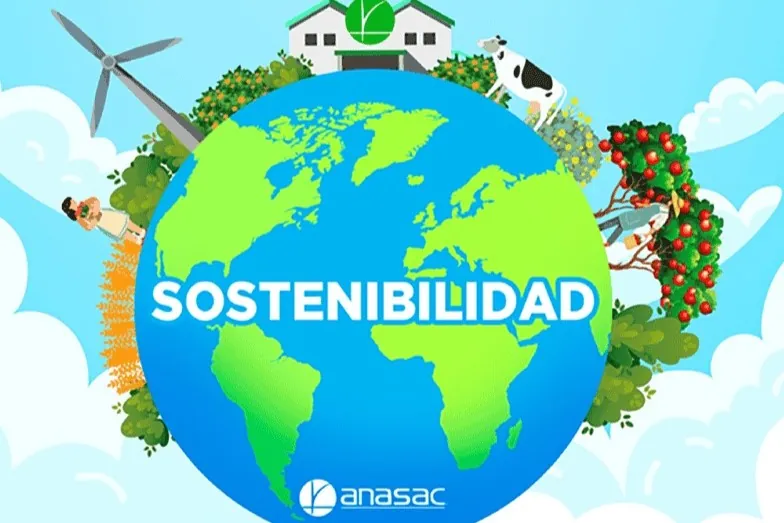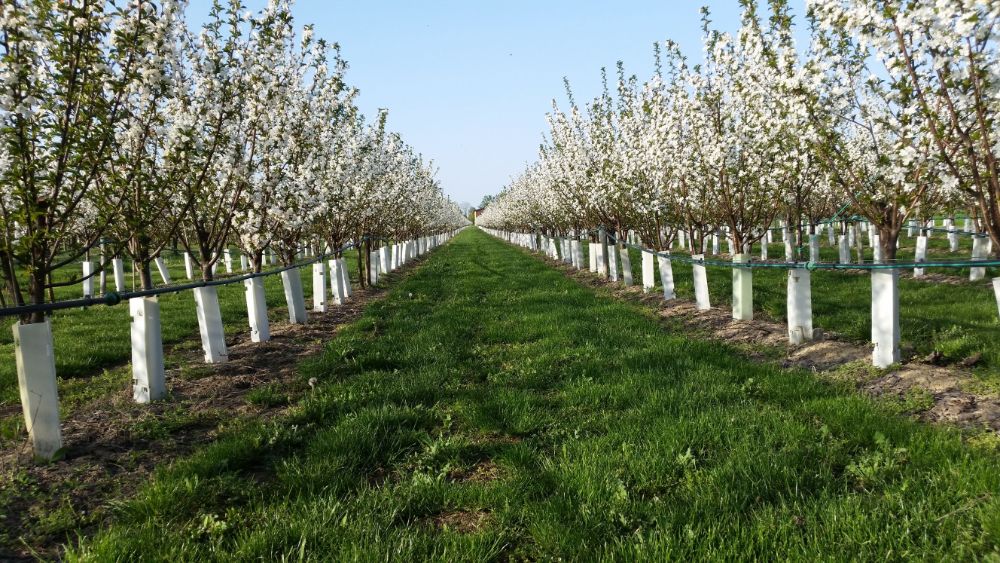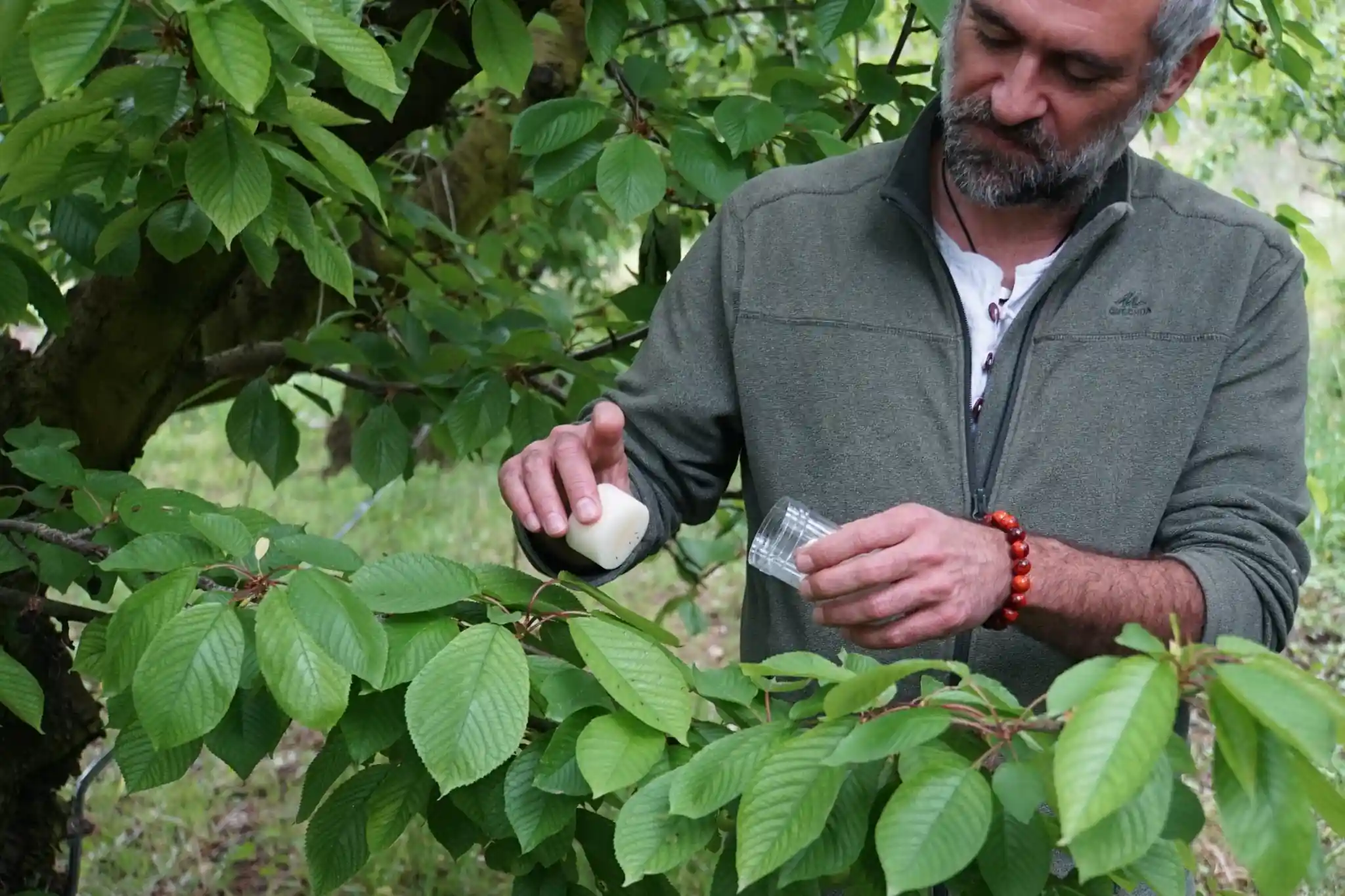During Fruittrade 2025, the Chilean giant ANASAC presented its vision for a sustainable fruit-growing agriculture, with a special focus on the cherry sector.
The company unveiled concrete solutions to address the sector’s future challenges, focusing on innovation, technology, and new incentive models for growers.
Sustainability as a lever
Within the framework of Fruittrade 2025 – the most important event in Chilean fruit growing, held at Espacio Riesco – ANASAC reaffirmed its commitment to a more sustainable agriculture through the conference “Innovation and sustainability to lead the agricultural future,” presented by Daniel Galindo, Head of Crop Protection at the company.
The session took place in Hall 1, entirely dedicated to the cherry value chain, and addressed the main challenges of the sector: from agronomic management to product quality, phytosanitary issues, and access to international markets.
“Sustainability is not only a value, but a tool to strengthen food security, both in Chile and abroad,” said Bernardita Contesse, Head of Sustainability at ANASAC.
According to Contesse, today agriculture faces the complex task of producing more and better, while integrating new priorities such as respect for the environment and farming communities.
“Chile has a unique opportunity to differentiate itself not only through the quality of its fruits, but also through its sustainable production systems. Sustainability adds real value to our exports,” she added.

Agriculture built on three pillars
During his presentation, Galindo outlined the main directions guiding ANASAC’s support for Chilean agriculture: innovation, technology, and sustainability. “These are words rarely heard at events like this, but they are at the core of our work,” he stated.
The company’s strategy is based on constant dialogue with producers and on research investments aimed at creating solutions tailored to the real needs of farmers.
This also includes the cherry sector, with dedicated technical teams, international collaborations, and the introduction of innovative tools for crop protection.
“Activa tu Carbono”
One of the most significant announcements was the expansion of the “Activa tu Carbono” program, initially launched for the sugar beet sector and now in an advanced stage for hazelnuts.
Starting in 2026, the project will also be extended to the cherry value chain.
“We will pay producers based on how sustainable they are,” Galindo emphasized. The program, developed in collaboration with the company Arva, seeks to bridge a crucial gap: many growers want to adopt sustainable practices but see them as a cost without economic return.
With this incentive, however, sustainability becomes a profitable investment.
New solutions for familiar challenges
Responding to the needs of the cherry industry, Galindo explained that the future lies in innovative solutions to well-known challenges: from bacterial canker to blossom rot, from color development to fruit firmness.
For this reason, ANASAC has focused on introducing low-impact or residue-free biorational products, studying their integration into protection programs to ensure healthy fruits that meet the standards of the most demanding markets.
A decade of commitment
Contesse recalled that ANASAC has been working for over ten years on the transition toward more sustainable agriculture, supporting fruit growers with programs and practical tools.
“Our fruits stand out for their quality and advanced production practices. We want the world to recognize the value of Chilean fruit growing and for new generations to see in this sector a path toward the future,” she concluded.
Fruittrade 2025: a fruit industry hub
ANASAC’s participation in Fruittrade 2025 included both a dedicated exhibition stand and a technical conference focused on sustainability in the cherry industry.
The event, a key reference for the Latin American fruit sector, hosted companies from production, services, technology, and mechanization, addressing key topics such as cherry management, use of plastic covers, seasonal diseases, and export strategies.
In his opening speech, Víctor Catán – president of Fedefruta – reaffirmed the importance of Fruittrade: “This fair demonstrates the central role that fruit growing plays in the development of our country and rural areas.”
Source: greennetwork.cl
Image source: ANASAC
Cherry Times – All rights reserved











